Science
Our aim in Science is to develop citizens who are scientifically literate and are able to explain the Science around them in everyday life. Students will have rich experiences in learning scientific theory, in conducting practicals both in the laboratory and outside. By the end of their learning journey at the Academy, students will have developed skills such as analytical, evaluative, quantitative and qualitative skills to use in Science and the wider world.
Key Stage 3
Students have four 50 minute weekly learning sessions in Key Stage 3. The topics visited in Key Stage 3 are revisited as part of our spiralled curriculum where students revisit key concepts throughout their journey at the Academy. Each half term Science topic is underpinned by the Grand Challenge for the half term. Students explore two units from Biology, two from Chemistry and 2 from Physics each year. The curriculum is adapted from AQA KS3 Activate and is enriched with linking their curriculum to the Grand Challenges. Students regularly complete practicals and have activities linked to their topics ranging from posters, models and presentations.
Key Stage 4
In Key Stage 4, there are two main pathways for students which depend on their commitment and attendance to Science. Students are not in any way disadvantaged for pursuing either one of these pathways.
The GCSE Combined Sciences course counts as two GCSEs and students receive two grades for this. We offer Foundation and Higher tiers for students. Students have six 50 minute weekly learning sessions where students follow the AQA specification. We complete a rotation of Biology, Chemistry and Physics and make links to the Grand Challenges where possible.
The GCSE Separate Sciences course counts as three GCSEs, one for Biology, one for Chemistry and one for Physics. We only offer a Higher tier for this course. Students have six weekly learning sessions where students follow the AQA specification. Students have two 50 minute sessions of Biology, two 50 minute sessions of Chemistry and two 50 minute sessions of Physics.
Key Stage 5
At A Level, we offer Biology, Chemistry and Physics courses, which are all two year courses.
An A Level in each of the sciences focuses to develop analytical, evaluative, quantitative and qualitative skills and focuses on building expert scientific knowledge in each of the subjects. Students have ample opportunities to complete practicals and also have a practical element of the course where they complete 12 core practicals over the course of their two year programme.
Curriculum Map
Please scroll down to view the relevant faculty and page.
Exam Specifications
GCSE AQA Combined Science (trilogy) (8465) – Click here to see the specifications
GCSE AQA Biology (8461) – Click here to see the specifications
GCSE AQA Chemistry (8462) – Click here to see the specifications
GCSE AQA Physics (8463) – Click here to see the specifications
A Level AQA Biology (7402) – Click here to see the specifications
A Level OCR A Chemistry (7404) – Click here to see the specifications
A Level OCR A Physics (7404) – Click here to see the specifications
London:
Science Museum
Natural History Museum
Royal Observatory
Wellcome Collection
Horniman Museum
The Old Operating Theatre Museum
The Faraday Museum at The Royal Institution
Science Gallery
Photo by Hal Gatewood on Unsplash

